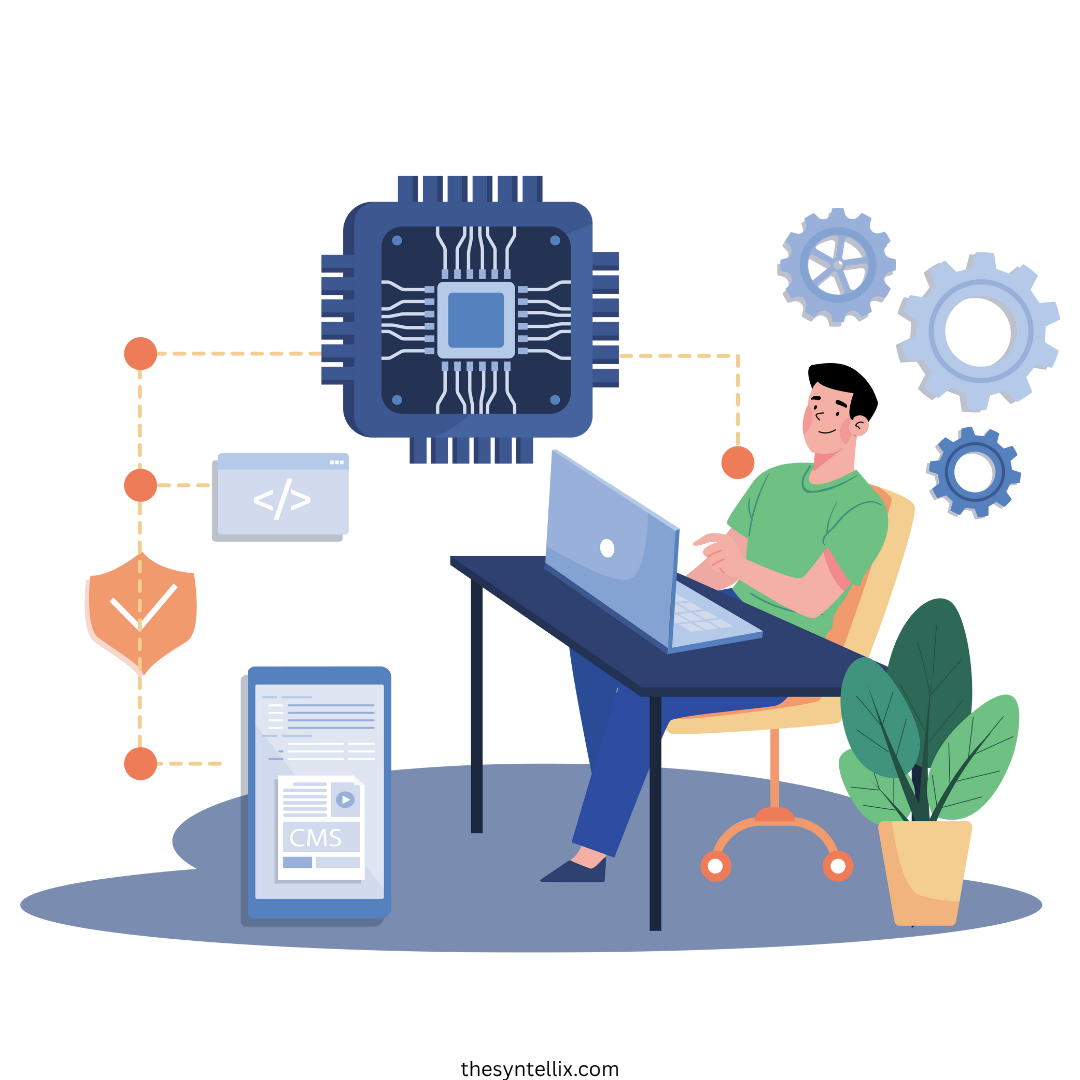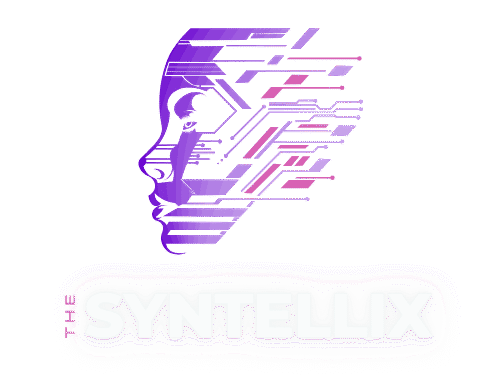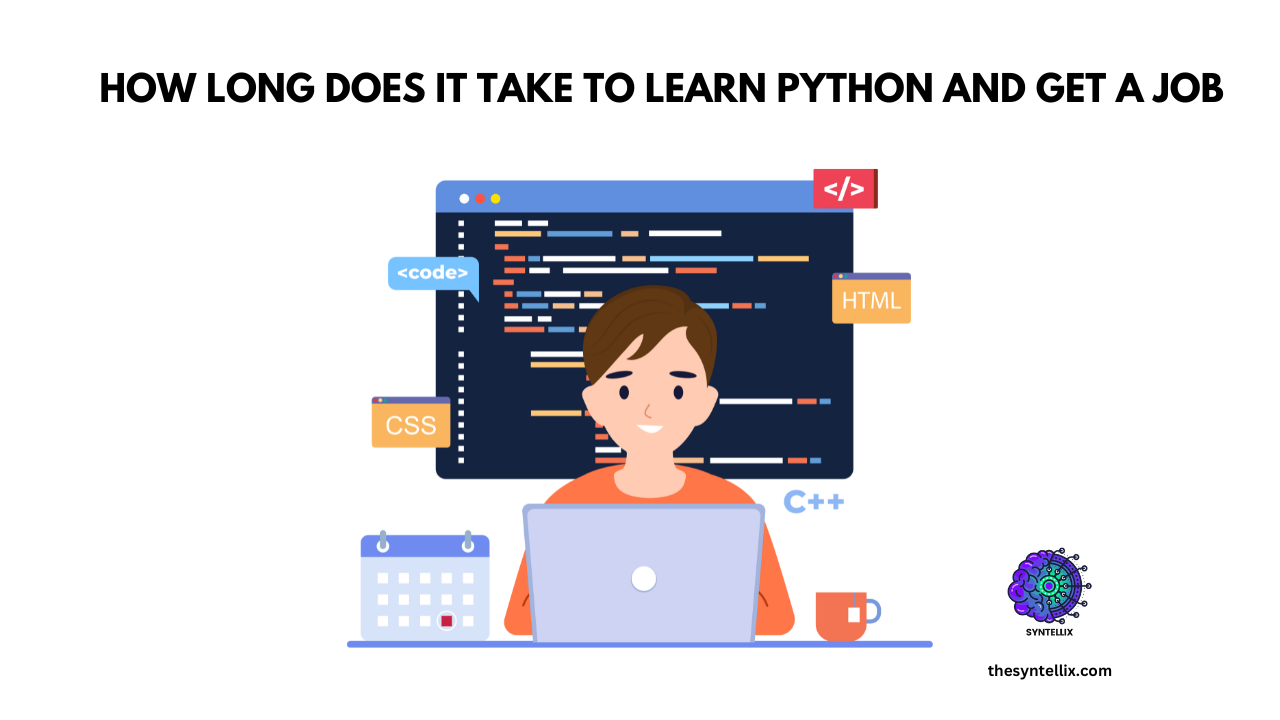Are you thinking about learning Python but unsure how long it will take? Maybe you are wondering if it is too hard, or if you can actually get a job with it or not. Don’t worry, I will explain everything about how long to learn python and get a job.
Python is one of the most popular and beginner-friendly programming languages in the world. Many people use it to start a new career, automate tasks, or even build apps. In this guide, I will answer three important questions:
- How hard is it to learn Python?
- How long does it take to learn?
- How long to learn Python and get a job?
Lets explore the answers.
Is Python Hard to Learn?
Not at all. Python is one of the easiest programming languages to learn, especially for beginners.
Here’s why:
- Simple syntax: Python looks like English. You don’t need to memorize confusing symbols or complex code.
- Tons of resources: You’ll find free tutorials, videos, books, and community help everywhere.
- Used for everything: From web apps to automation, Python lets you do a lot with just a little code.
Even if you have never coded before, Python is a great place to start. You don’t need a computer science degree or advanced math skills.
How Long Does It Take to Learn Python?
This depends on how much time you put in, what you want to do with it, and how deep you want to go. You can learn everything from python’s official documentation.
Let’s break it down by goals:
1. Learn the Basics (2–4 weeks)
You can learn things like:
- Printing text.
- Variables and data types.
- Loops and if statements.
- Simple functions.
Perfect for: hobby projects, automation, or testing the waters.
2. Get Intermediate Skills (2–3 months)
You will start building real programs and projects:
- Reading and writing files.
- Using Python libraries (like
random,datetime). - Understanding error handling.
- Working with classes and objects.
Perfect for: small apps, games, or beginner freelance work.
🚀 3. Become Job-Ready (6–12 months)
You have to be expert in:
- Frameworks (Flask, Django).
- APIs and web development.
- Automation with scripts.
- Data analysis (pandas, NumPy).
- Testing and debugging.
Perfect for: developer roles, QA jobs, data-related careers, and internships.
Tip: Consistency is more important than speed. Even 1–2 hours a day adds up fast if you stick to it.
How Long to Learn Python and Get a Job?
Many people get entry-level tech jobs in 6 to 12 months after learning Python especially if they build a portfolio and practice regularly.
What Types of Jobs Can You Get with Python?
- Junior Developer.
- QA Tester.
- Data Analyst.
- Automation Engineer.
- Python Script Developer.
Some of these roles may ask for additional skills like SQL, Excel, or JavaScript, but Python is often the core requirement.
What Helps You To Get A Job Faster In Python?
- Build small projects and post them on GitHub.
- Join online coding challenges or hackathons.
- Take a structured course or bootcamp.
- Start freelancing on platforms like Upwork or Fiverr.
The more you build, the more confident you will feel and the more attractive you will be to employers.
Note: Everyone’s Timeline Is Different
Some people learn Python in 3 months and get a job quickly. Others may take a year, especially if they’re learning part-time or juggling other work.
That’s completely normal.
The important thing is to keep moving forward. Every line of code you write brings you one step closer to your goal.
5 Tips to Learn Python Faster and Smarter
- Practice every day. Even 30 minutes is better than nothing.
- Work on small projects. A calculator, to-do list, or number game is a great start.
- Write your own code. Don’t just copy-paste.
- Ask for help. Use Reddit, Stack Overflow, or coding Discord servers.
- Track your progress. Keep a journal or checklist to stay motivated.
Conclusion
Python is not hard to learn. With a little focus and the right resources, you can go from beginner to job-ready in less than a year.
- Start small. Type your first line of code.
- Keep learning. Build something simple every week.
- Stay consistent. Progress adds up faster than you think.
Ready to start? Leave a comment with your Python learning goal, and let’s cheer each other on!

Stay ahead of the curve with the latest insights, tips, and trends in AI, technology, and innovation.

